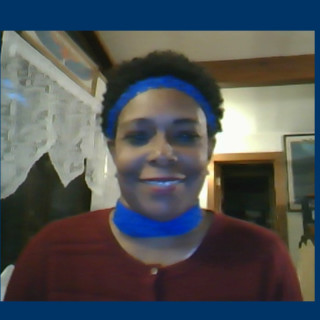On March 12, 2021, officials in California announced the state had reached its goal to administer 2 million COVID-19 vaccine doses to residents. Having reached the goal, California rolled out a four-tier, color-coded system for a safe reopening:
- Purple: counties with more than 10 daily new cases per 100,000 residents (widespread COVID-19 transmission);
- Red: counties with 6–10 new cases daily per 100,000 residents (substantial);
- Orange: counties with 2–5.9 new cases daily per 100,000 residents (moderate); and
- Yellow: counties with less than two daily new cases per 100,000 residents (minimal).
Officials allowed 13 counties to move from the very restrictive purple tier to the less restrictive red tier. This change in tier level meant that many businesses, previously deemed non-essential and therefore forced to close, were allowed to reopen. Indoor commerce restrictions were increased to 50% from 25%, and many businesses previously allowed only outdoor commerce were allowed to move indoors.
As a health care professional, a PA working in infectious disease in Los Angeles County, I breathed a sigh of relief, and felt hopeful we were one step closer to ending this horrible pandemic. That said, the announcement did cause me concern. The significance and conundrum of the situation was not lost on me. With more people being vaccinated, could we dare to hope for fewer coronavirus cases, fewer hospitalizations, and fewer deaths? Or would reopening so many non-essential businesses lead to a subsequent coronavirus surge?
After thoughtful and careful consideration of the pros and cons, I find myself in complete agreement with health officials. I’m actually relieved with the lessening of restrictions and reopening of many businesses.
Why?
Because many of the businesses that were labeled “non-essential” are actually very essential. They are essential to our economy and toward maintaining good health in the community. Because, in addition to the massive loss of life caused by COVID-19, this pandemic has also taken a terrible toll on our economy due to massive loss of jobs. Earlier this year, a report issued by the Los Angeles County Economic Development Corporations noted that, as of late 2020, employment was down 9.8%. Industries like hospitality (125,900 jobs lost); arts, entertainment, and recreation (37,300 jobs lost); motion picture and sound recording (36,500 jobs lost); non-essential retail (23,400 jobs lost); and personal care and laundry services (20,400 jobs lost) were hit especially hard.
The loss of jobs left many in the Los Angeles community without adequate nutrition, health insurance and health care — especially children. Those who lost their health insurance were reluctant to go to urgent care or an ER due to cost. For those whose work hours had been shortened, their decreased income prevented them from going to their PCP because they could not afford the co-pay. There were several times over the past year in our office when we felt the need to waive the copay for many of our patients who were struggling.
In my office, an internal medicine/infectious disease practice, when we were able to fully open our office (to see patients in person instead of just via telemedicine visits), we saw the toll the shutdown had taken. Many of our patients had not contacted us or gone to urgent care or an ER for health issues over the past year. We have subsequently seen a noticeable increase in pathology in our practice.
As a clinician, I believe treating our patients means treating the whole person. If a patient does not have enough food to eat, has lost their utilities for their homes, or is worrying about being evicted and becoming homeless, the last thing they are going to focus on is their health. I applaud those officials who can balance containing this virus with getting our economy back on track. It is only with balance that we can move forward toward healing.
How have you felt about your county's pandemic response and re-opening? Share your opinion in the comments.
Pamela Bassett is a certified PA working in Los Angeles, CA. She graduated from the USC School of Medicine PA Program (now The Keck School of Medicine Physician Assistant Program) in 1993. Prior to becoming a PA, she worked in nursing for 18 years. Over the past 27 years as a PA, she has worked in internal medicine with a subspecialty in infectious disease. Currently, she works in private practice and is also an adjunct faculty professor at East Los Angeles Community College, instructing in health occupational courses. She is a 2020–2021 Doximity Op-Med Fellow.
Click here to see more perspectives on COVID-19 from the Doximity network.
Click here for up-to-date news about COVID-19 on Doximity.







